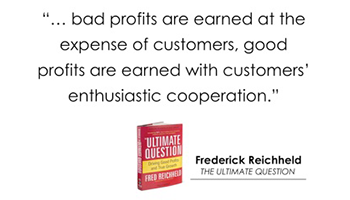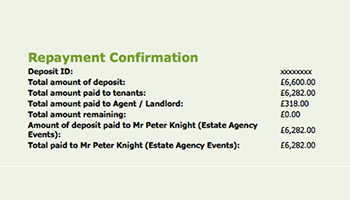Force of Habit
 Some of you reading this might have already lost the first battle with your resolution to stop whatever vice, or pleasure perhaps, you decided to quit for January/2016/forever? There are several reasons why changing habits is harder than people anticipate but there are several things you can do to keep on track.
Some of you reading this might have already lost the first battle with your resolution to stop whatever vice, or pleasure perhaps, you decided to quit for January/2016/forever? There are several reasons why changing habits is harder than people anticipate but there are several things you can do to keep on track.
1. Have a clear and compelling desired result.
It’s really important to have a clear and compelling outcome – take dieting for example, many people succeed when they decide to change shape for a big event like a wedding but then in many cases revert to old eating and lifestyle patterns soon afterwards. Without a big event or a reason, other than a vague picture of a slimmer version of themselves, it’s more likely that the new regimen will be given up even sooner. The key here is to have a really well formed desired result and to focus on this in particular at the moments when you’re most tempted to go off track, such as the craving for a bar of chocolate.
2. Focus on the desired outcome, not on the activity.
Rather than thinking about what you’re giving up, not getting, or the effort you need to make, focus on the desired result instead. If you contemplate the cold and rain outside on a dark morning then it’s too easy to put off the run but if instead you think about the best version of you that’s your desired result, then it’s easier to win the battle of “mind over mattress”.
3. Recognise the effort required.
If your desired result is to double your business this year then whilst this sounds exciting and the planning will be too, the effort required to make those 20 new business calls every single day might be too daunting and so you put them off and do something else (that’s easier but not as productive). At these moments you need to remind yourself about your ambition, picture your business at double its size and realise that you will only achieve your goal through effort. It helps if you’ve considered and identified the effort required as part of the planning process and then scheduled time to do the activities. I am convinced that it’s best to get the new things done first and hence why we recommend that prospecting should be done before anything else.
4. Bank the feeling.
After you’ve passed on the desert menu, been on the run, or made your 20 prospecting calls, stop for a moment and notice how good it feels, appreciate and acknowledge the effort you’ve made and the step, albeit a small one, that you’ve taken towards your desired result. Banking the good feeling is a hugely valuable way to assist you overcoming the temptation to break the new habit on the next occasion the dark force is strong.
5. Record your progress.
It’s my experience that if you log and record your positive activities then you’re more likely to stick to them. Each morning I review my goals and note the actions I will take that day towards achieving them and when they’re done I record them in my achievements list. This year I’ve decided to go a step further and I’m taking a photograph that summarises, literally or metaphorically, my progress that day and I publish them, not for anyone else’s benefit or to be self-indulgent but as a way of making sure I keep on task as knowing I’ve made that commitment helps me to keep it.
The trouble with many new year resolutions is they tend to focus too much on giving up something and not enough on the gains the new habits will yield. The good news is though, that after 90 days most new activities become habits themselves and whilst still requiring the same effort get better and better results – as the Velominati put it so well in Rule #10, “It never gets easier, you just go faster”.





